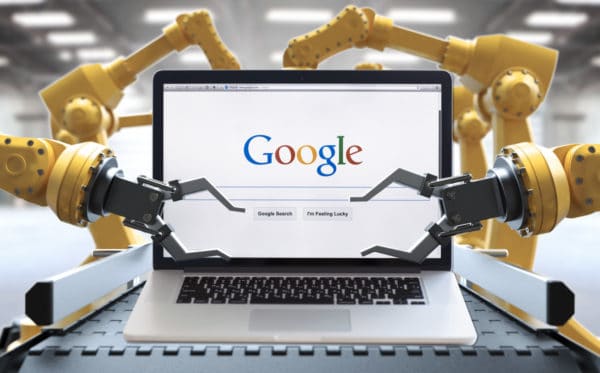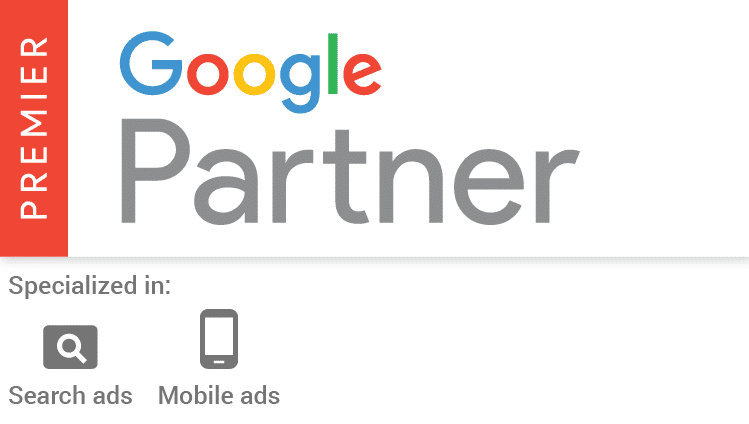
There’s nothing new about Google’s interest in automating pay-per-click (PPC) advertising for businesses large and small, including home improvement companies. Paid search is complicated and Google wants as many businesses as possible playing the game.
So back in 2011, it launched AdWords Express, an automated service that promised to get paid search campaigns up and running “in under five minutes.”
Well, as anyone can tell you who’s ever tried to make AdWords Express perform in the real world, either Google wasn’t talking about five Earth minutes, or they were making a distinction between “up and running” and “up and running in a way that will benefit your business.”
It’s gotten better over the past seven years, but AdWords Express continues to leave us wanting.
More of the same?
Last month, Google rolled out Smart Campaigns, a fully automated, simplified tool that applies machine learning to create image and text ads. Answer a few questions, pop in your credit card information, and away you go.
If this sounds familiar, it should: Smart Campaigns is built on the AdWords Express technology.
So before you move full steam ahead, you’ll want to keep a couple of things in mind:
1. Simplification and sophistication move in opposite directions.
This isn’t really Google’s fault; it’s just the nature of things. They want to make their tool fast and easy to use, so they necessarily have to limit your options.
That may get you up to speed quickly, but your hands are tied when it comes to fine-tuning where, when and how your money is spent.
The nuance is gone, and with it, your ability to accurately (i.e., cost effectively) reach your target buyer. Which leads me to….
2. Google is in the click business; home improvement companies sell solutions.
Pay-per-click means exactly that: Google gets paid (by you) every time somebody clicks on your ad. You, on the other hand, get paid every time a lead turns into a sale.
This distinction between clicks and leads is critical, particularly regarding homeowner intent.
For example, a homeowner who searches on the term “bathroom,” does not have high intent. This type of broad, general search typically happens among people who are in the very early stages of moving forward with a project. Conversely, a homeowner who searches on the much more specific phrase, “bathroom tub to shower conversion contractor Skokie, Illinois,” does. These clicks are more likely to become leads because they come from a homeowner who is much closer to – more intent on – taking action.
Unfortunately, due to the highly simplified and automated nature of Smart Campaigns (see point #1 above), if you let Google operate autonomously, you’ll be paying for the low intent clicks: a much shorter, simpler, plain vanilla list of “bathroom”-type words.
Smart Campaigns will get you more clicks, we’re just not sure it will help you get more sales.
Automation has its limitations
If your AdWords campaigns are going badly and you want to give this a shot, by all means, try it out. We applaud Google’s continued attempts to make pay-per-click as simple as possible.
That said, and given the limitations of this new tool, together with Google’s primary interest in causing clicks (whether lead generating or not), we cannot yet recommend Smart Campaigns – there are too many trade offs.
